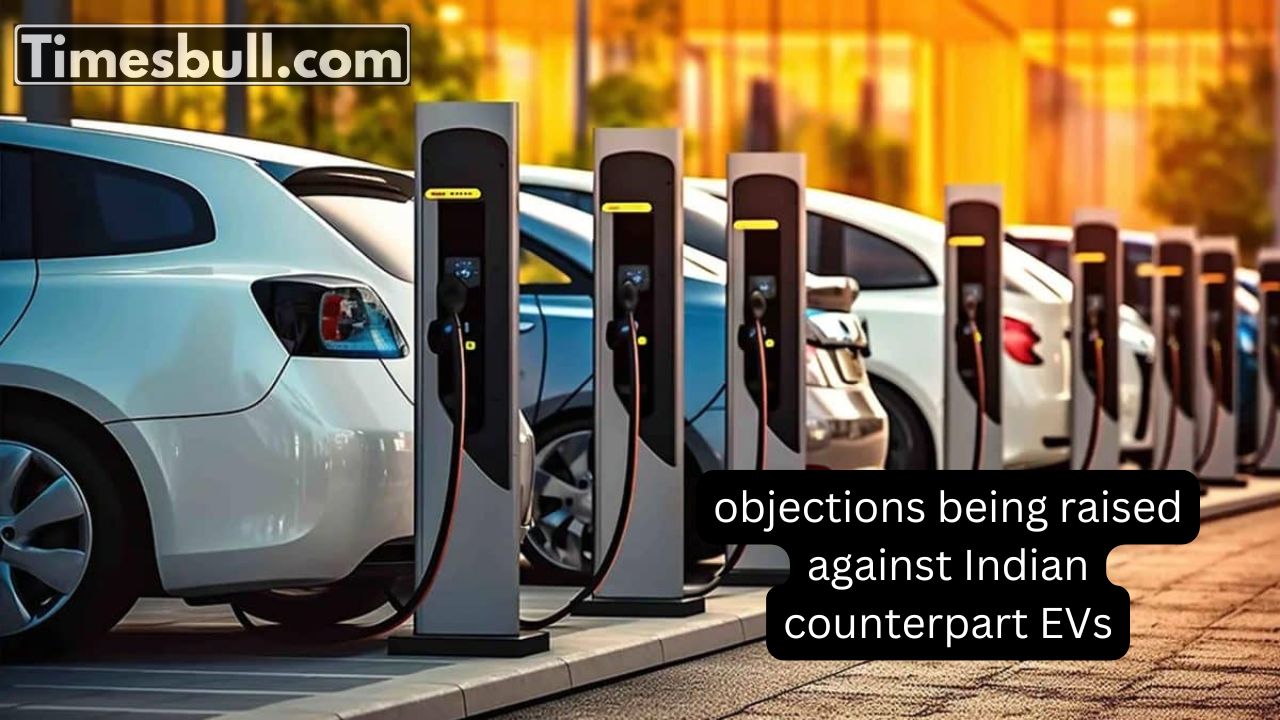Electric vehicles (EVs) are becoming increasingly popular in India. Due to increasing pollution, rising fuel prices and environmental concerns, people are now moving from conventional petrol-diesel vehicles to electric vehicles. The government is also coming up with schemes like subsidies and tax exemptions to adopt EVs. But still, many Indian buyers are hesitant to buy EVs. They still consider conventional cars more reliable. What is the reason for so much hesitation about EVs in India? And what can be the solutions? Let’s find out.
Key concerns of Indian buyers before purchasing EVs
High cost of EVs
The starting prices of EVs are much higher than petrol and diesel vehicles. The production of lithium-ion batteries in India is limited, and most batteries are imported from abroad, which increases the cost of EVs. However, if customers look at the long-term benefits of EVs, they may see it as a profitable investment.
Range Anxiety
The biggest concern while buying EVs is – “What if the battery dies mid-way?” Indian consumers are still not sure that their EV will be able to take them to their destination without any hassle.
Lack of charging infrastructure
The number of EV charging stations in India is still very low. The lack of charging points, especially in small towns and rural areas, is a major deterrent to purchasing EVs. According to a report, 42% of Indian buyers are worried about the unavailability of EV charging.
Long charging time
It takes 5 minutes to fill up with petrol or diesel, but charging an EV can take several hours. Although fast charging technology is slowly developing, it will still take time to make it available everywhere.
Concerns about battery life and safety
How long will EV batteries last? Are they safe? A few incidents of battery-related fires have raised concerns among buyers. However, companies are now improving battery technology, making EVs safer.
Possible solutions for adoption of EVs
Government subsidy and tax exemption
The government will have to provide more financial support to reduce the prices of EVs. The central and state governments are already providing subsidy to EVs, but it needs to be increased further so that the common man can also adopt EVs.
Expansion of charging station network
It is very important to strengthen the EV charging infrastructure. The government and private companies will have to jointly install more and more charging stations so that people’s “range anxiety” can be overcome.
Improvement in battery technology
More research and development (R&D) is needed to improve battery capacity, charging speed and safety. Work will have to be done on making new batteries charge in less time and last longer.
Increasing awareness among consumers
It is very important to educate people about the benefits of EVs. Through social media, TV advertisements and awareness campaigns, people should be told that EVs are more economical than petrol-diesel vehicles and better for the environment.


